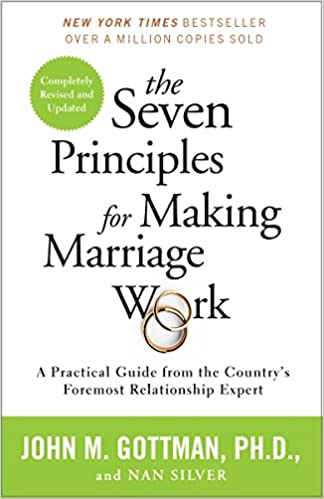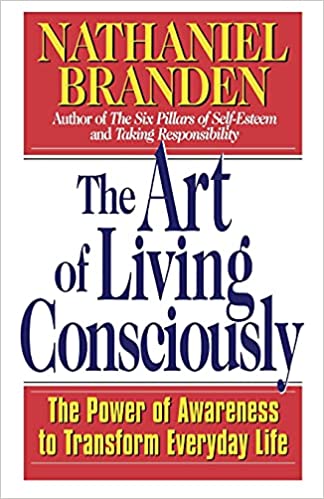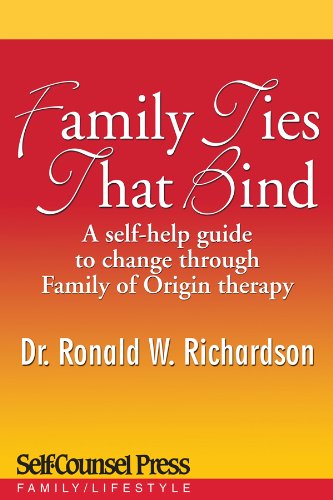Listen to this episode of the Focus with Marlene Podcast:
Get caught up with all episodes in the Developing a New Focus series.
What do you say to yourself when the world drops out from under you?
When the doctor says you have cancer, or your child has become a drug addict, or when a beloved spouse, parent or grandparent is on hospice?
Every day, in some way, we are responding to the tragedies, calamities, and heartbreaks we experience. We seldom think about what we are saying to ourselves at such times and how it can impact our ability to meet those challenges.
Words have incredible power, especially when they devalue who we are, our worth, esteem and abilities. The same is true when we devalue others.
When faced with tragedies, losses, and overwhelming challenges, what we say to ourselves can keep us in a hopeless frame of mind, unable to search for answers.
We are often unaware of our ongoing internal dialogue.
What are you saying to yourself on a daily basis? Do you constantly tell yourself all the reasons why you can’t succeed, why you aren’t good enough?
If you always tell yourself, “I can’t, I can’t, I can’t,” then you won’t.
It is normal to have doubts and question ourselves, but when it becomes a pervasive pattern of negating everything we do, it has unwanted long-term consequences.
If you find yourself consistently focusing on what you can’t do, it is time to challenge that thinking.
Who says you can’t?
If you have a list in your head of all the reasons why you can’t, make a new list of all the ways you can.
Begin by writing down all the things you have already accomplished. We tend to minimize the things we are capable of while maximizing the things we are not good at.
You may have made bad choices in the past and missed opportunities. We all do. But that doesn’t mean you can’t make better choices now. Don’t allow your fear of failing to dictate your efforts to try.
When we choose to look though the dark lens of contempt or condescension, we begin to find fault with everything and everyone. Others become inferior, undeserving of respect. By raising yourself above them, you assume an attitude of superiority while feeling inferior deep inside. We hide that for fear of rejection.
See related post: How to Replace Critical Self-Talk with Affirmations
There is a price attached to negative thinking. You become defensive and on the alert to avoid being taken advantage of. Relationships suffer. When the focus is constantly on finding fault, it is difficult to find agreement about anything – even with those you care about. We attack and defend.
If your self-talk reflects ongoing doubts about yourself, you can create all the worthwhile goals you want but you will be undermining your ability to achieve them. Your biggest obstacle will be your inability to believe in yourself.
Remove the glasses that focus only on the awful or unpleasant!
Creating positive affirmations

Communication begins with our internal dialogue – talking to ourselves. As we learn to appreciate who we are, we can move forward with hope and confidence. Making and repeating affirming statements is one useful way to begin developing that confidence.
Affirmations to consider:
- I affirm I have choices and abilities.
- I affirm I have worth and value.
- I affirm that I can accomplish any goals I choose when I put my heart, mind, and effort to the task.
You might be hesitant to repeat these affirmations every day because you feel you are being dishonest since you currently don’t believe that way.
But you are in the process of changing your belief system.
Affirmations reflect the values and principles you want to live. They are re-training your brain and your thought processes from a negative point of view to one that is positive and assuring. They will motivate and encourage you.
Affirmations draw us towards something of value and set in motion the willpower to do it.
Repeated daily, they can become a new self-fulfilling prophecy. They also become a new automatic response to adversity and life in general.
Let affirmations guide you as you create new goals. As you repeat them each day, you will begin to act on them.
Here are some additional affirmations you may want to consider:
- I am intelligent, capable, and responsible for all my actions.
- I choose to expand my point of view and focus on what is positive in my life.
- I can become more than any hurtful events in my past.
- I forgive because hanging onto grievances hurts me.
- I work for excellence instead of perfection.
- I am methodical and careful in everything I do.
- I focus on what I can do and not on what I can’t do.
- I let go of the hurts of the past so I can work on my future.
- I can say “no” and respect my decisions.
Take some time to create your own personal affirmations. Or modify the ones above to address your special concerns, needs, and wants.











